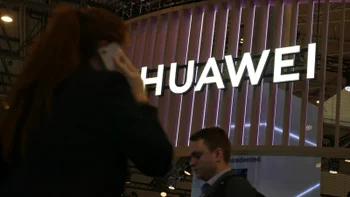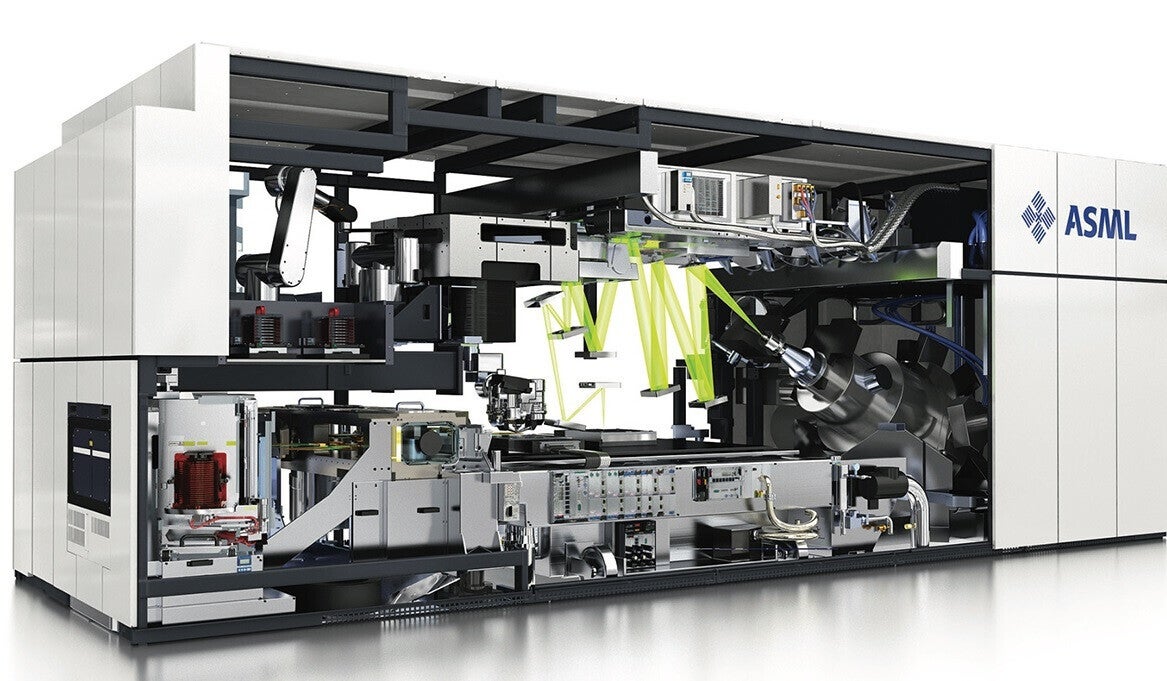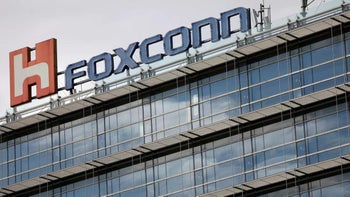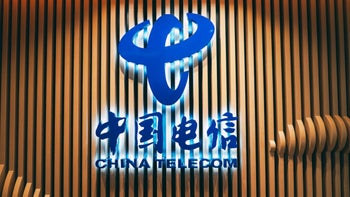Huawei's chairman says U.S. sanctions will lead to the rebirth of China's chip industry

Eric Xu, Huawei's rotating chairman (to be clear, the position rotates between executives; the executives themselves do not spin) says that China's chip industry will be "reborn" thanks to current U.S. sanctions against Huawei. The current U.S. export rules, in place since 2020, prevent foundries using U.S. technology from shipping cutting-edge silicon to Huawei. China is also not allowed to purchase extreme ultraviolet (EUV) lithography machines that etch circuitry patterns thinner than human hair onto silicon wafers.
Huawei's rotating chairman says that China's semiconductor industry will try to become self-sufficient
Per CNBC, Xu said that there has been a breakthrough in semiconductor design technology. China has been hoping to become self-sufficient in the production of chips although its largest foundry, SMIC, is a few process node generations behind. While the world's top foundries like TSMC and Samsung Foundry are currently mass-producing chips using a 3nm process node, SMIC, unable to access the EUV lithography machine, is stuck at 14nm and higher.

This EUV machine used to etch circuitry designs on wafers cannot be shipped to China
The lower the process node figure, the smaller the feature size used on chips which results in higher transistor counts. And the larger a chip's transistor count, the more powerful and energy-efficient a chip is. For example, the A13 Bionic chip used in the iPhone 11 series was built using a 7nm process node and it contained 8.5 billion transistors. The A16 Bionic chipset used to power the iPhone 14 Pro line is built using a 4nm process node and contains 16 billion transistors.
The A17 Bionic chip expected to be found inside the iPhone 15 Pro and iPhone 15 Ultra, will be the first SoC inside an iPhone manufactured using the 3nm process node. It is expected to be equipped with 20 billion-24 billion transistors.
During a press conference, Huawei's Xu made some comments that were translated into English. "I believe China’s semiconductor industry will not sit idly by, but take efforts around ... self-strengthening, and self-reliance. For Huawei, we will render our support to all such self-saving, self-strengthening and self-reliance efforts of the Chinese semiconductor industry," the executive said.
The U.S. placed broader restrictions against the import of cutting-edge chips to China for fear that the integrated circuits would end up being used by China's military. Xu says that instead of killing China's domestic chip industry, the sanctions will boost the industry instead. "I believe China’s semiconductor industry will get reborn under such sanctions and realize a very strong and self-reliant industry," he said.
His comments might be based on a report from Chinese media last week announcing that Huawei and other Chinese tech firms have developed electronic chip design tools that can produce chips using a 14nm process node and above. Chips built at those nodes are used for automobiles and other devices that don't require the fast processing power of a cutting-edge chip. Huawei currently uses the 4nm Snapdragon 8+ Gen 1 for its latest flagship P60 line, but these chips are modified not to work with 5G signals.
For 2022 Huawei reported its largest profit decline since 2011
Even Xu admitted that the discovery of the new semiconductor design tools "will mean very little" for Huawei. And the company's smartphone business is still shrinking rapidly thanks to the U.S. sanctions. Huawei reported today a 69% decline in its annual profit, the biggest decline since 2011, to $5.18 billion. Xu said, "In 2022, a challenging external environment and non-market factors continued to take a toll on Huawei’s operations. In the midst of this storm, we kept racing ahead, doing everything in our power to maintain business continuity and serve our customers."
Huawei's consumer business, which includes the smartphone unit, saw its revenue decline more than 11% to 214.5 billion yuan ($31.22 billion). That was a smaller decline than the drop in revenue that Huawei's consumer business suffered last year. In 2022, the Huawei Mate 50 series was released to strong demand in China and some global markets.










Things that are NOT allowed: